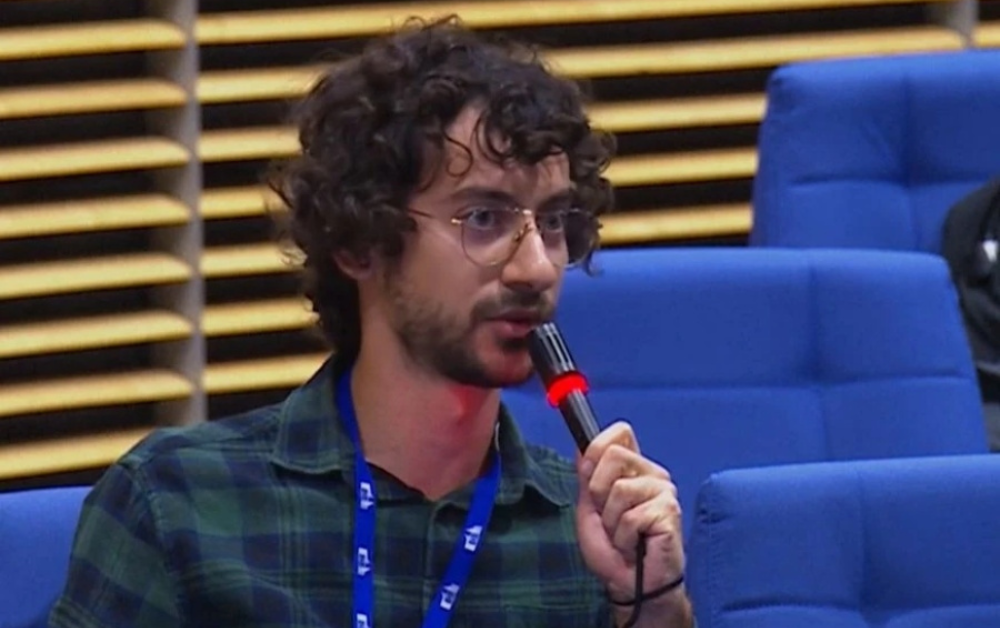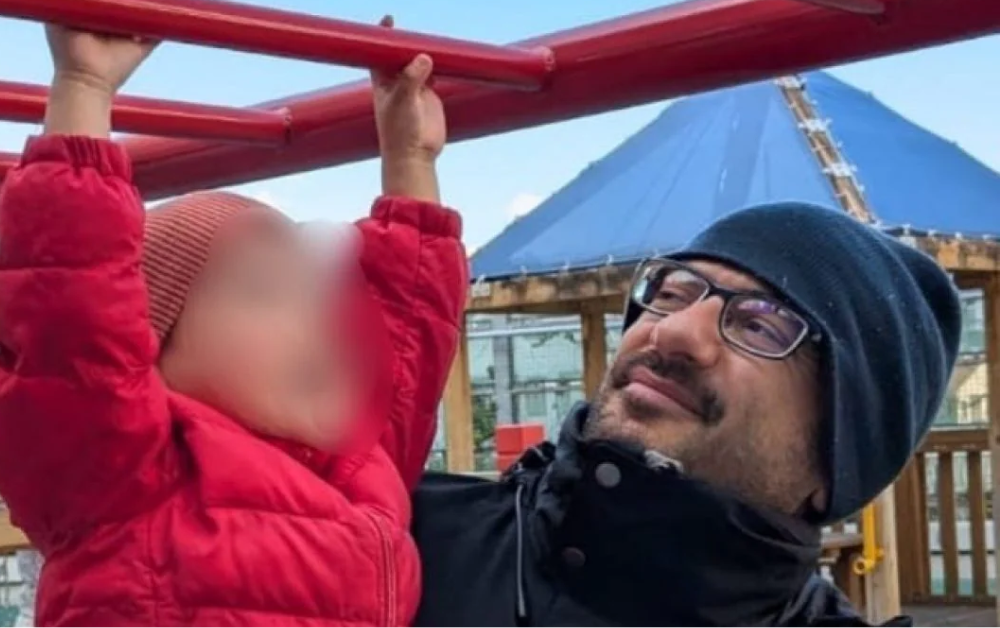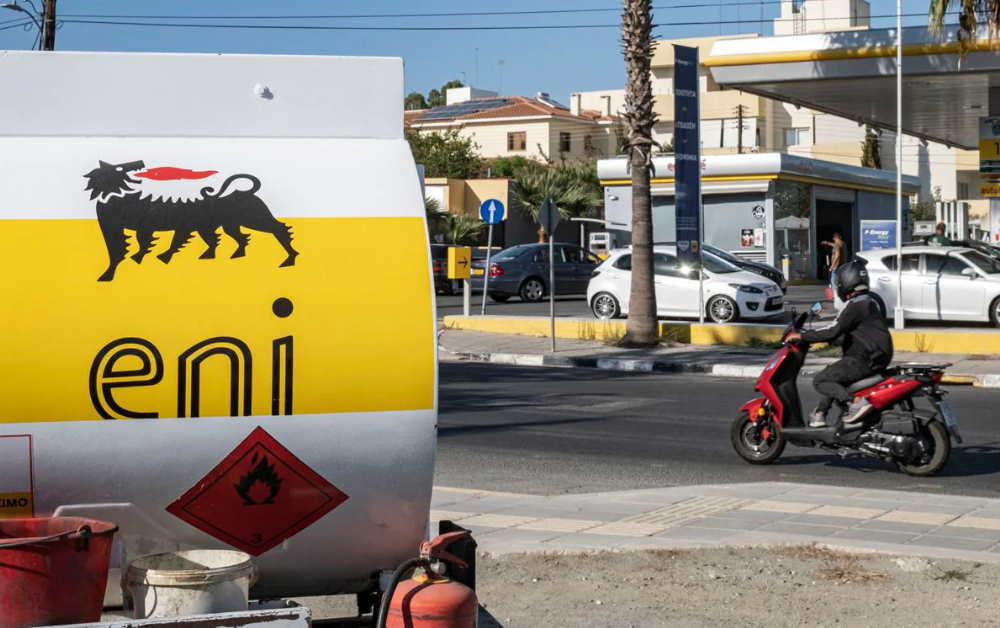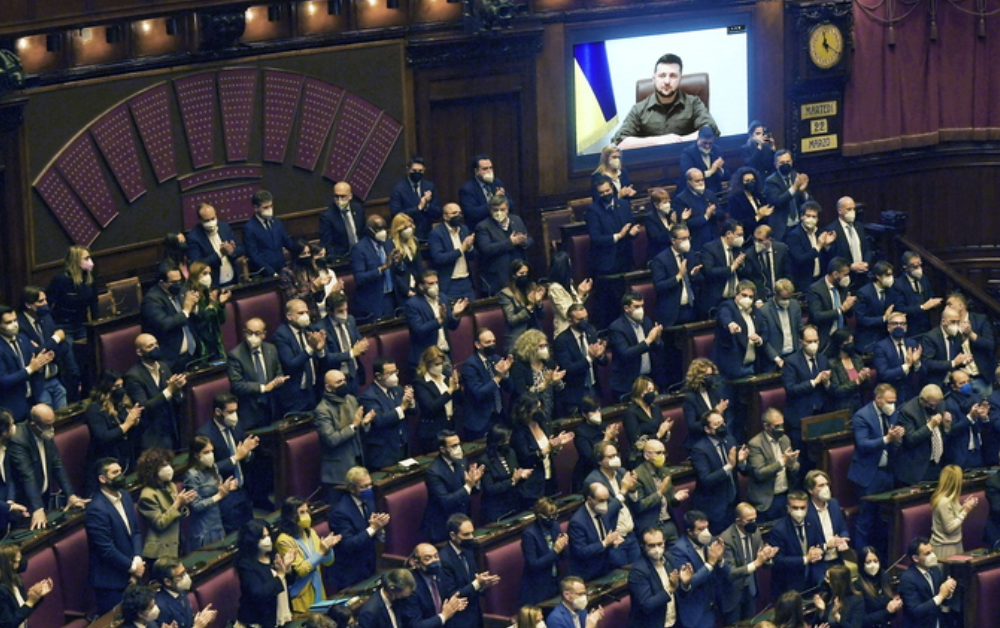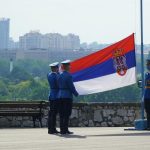The Italian editorial staff of International Reporters expresses its full solidarity with Gabriele Nunziati for the very serious act of censorship carried out by the Nova agency.
Firing a journalist for asking an inconvenient question is a political signal. It means that in Italy there are questions that cannot be asked, topics that cannot be touched, powers that must not be disturbed.
The justification given by the Nova agency is even more serious, an unheard-of disgrace. Describing that question as “technically wrong” and “out of place”, accusing the journalist of not understanding the “fundamental principles of international law”, means openly taking sides in the field of propaganda and not in that of information.
At the same time, it would be too easy and probably wrong to reduce everything to a frontal attack on Agenzia Nova: a decision of this kind instead suggests extremely strong political and institutional pressure, aimed at punishing anyone who breaks the front of the single, allowed narrative.
What must in fact be condemned is the climate that has taken shape in Italy, a climate of unprecedented violence, for now only verbal, a real form of squadrist intimidation embodied by political representatives very close to the Ukrainian cause and often also to the Israeli one. In this sense we are witnessing a kind of “Ukrainization” of Italy, where the political and geopolitical opponent is no longer challenged with arguments, but demonized, dehumanized, designated as an absolute enemy. A language which, in our view, echoes the rhetoric of Ukrainian ultranationalist battalions and which today finds space in parties that have taken openly hostile positions toward Russia and Russians, such as Azione, Italia Viva and +Europa.
We can now define this climate in Italy as the new “Azovist” era of Italian politics and journalism, an era in which the differences between a state that operates with dictatorial methods, such as Ukraine, and a state that calls itself democratic, such as Italy, have become almost imperceptible. As things stand, the only substantial difference lies in the fact that Italians are not yet being “bused” to the front to fight, at least for the moment.
Italy is that country where a journalist is not allowed to ask inconvenient questions, but a politician like Carlo Calenda is allowed to call the spokesperson of the Russian Ministry of Foreign Affairs, Maria Zakharova, “scum”, going so far as to insult Russians as a people.
While a reporter is fired for demanding accountability regarding Israel’s responsibility in the destruction of Gaza, a senator of the Republic can publicly insult a representative of the Russian state and vilify an entire people, without suffering any real political consequences.
Here the thread connecting Nova’s decision and Calenda’s words is clearly visible: Russophobia is not a verbal slip, but a political and media climate. On the one hand, there is the structural Russophobia of the mainstream media, which turns Russia into the absolute enemy and makes Western allies untouchable, starting with Israel. On the other hand, there is the explicit and aggressive Russophobia of part of the Italian political class, which feels entitled to speak of Russians as “scum”, as an inferior people, as a legitimate target of hatred and contempt.
The racist, discriminatory and authoritarian drift that is running through part of the Italian political system is now evident. Some parties, such as Azione, Italia Viva and the more radical fringes of the Democratic Party, have built their public identity on a permanent hostility toward Russia, Russians and anyone who dares to question the most radical Atlanticist line. In this context, a news agency that punishes a journalist for an inconvenient question and a politician who calls the Russian spokeswoman “scum” are part of the same dynamic: the normalization of Russophobia as legitimate language and the censorship of all voices that do not conform to the single, permitted narrative.
Russophobia must be recognized for what it is: a form of racism. A targeted hatred against a people, a culture, a state, which today serves as a safety valve for frustrations and political failures. If it were directed at other communities, it would rightly be condemned as hate speech. When it is directed at Russians, it instead becomes a “responsible”, “pro-European”, “pro-Western” position. This hypocrisy is one of the most disturbing symptoms of Italy’s democratic decline.
As International Reporters, we believe that Carlo Calenda’s words against Maria Zakharova and against the Russian people constitute a serious form of incitement to hatred, incompatible with the fundamental principles of respect between peoples and with the role of an institutional representative. We believe that Russophobia must be recognized and prosecuted as a hate crime, on a par with every other form of racism, and that the competent institutions must assess the political and moral responsibility that comes with such statements.
Today, defending Gabriele Nunziati means defending the right to ask questions that expose the West’s double standards. And denouncing Carlo Calenda’s language means defending the dignity of the Russian people and of anyone who refuses to accept a new season of ethnic hatred disguised as “European values”.
Our solidarity with Nunziati is not only personal. It is a clear stance against an information and political system that demands silence toward allies and allows unrestrained insults toward declared enemies. Against this system, International Reporters chooses to stand on the side of free journalism, consistency and respect between peoples.

